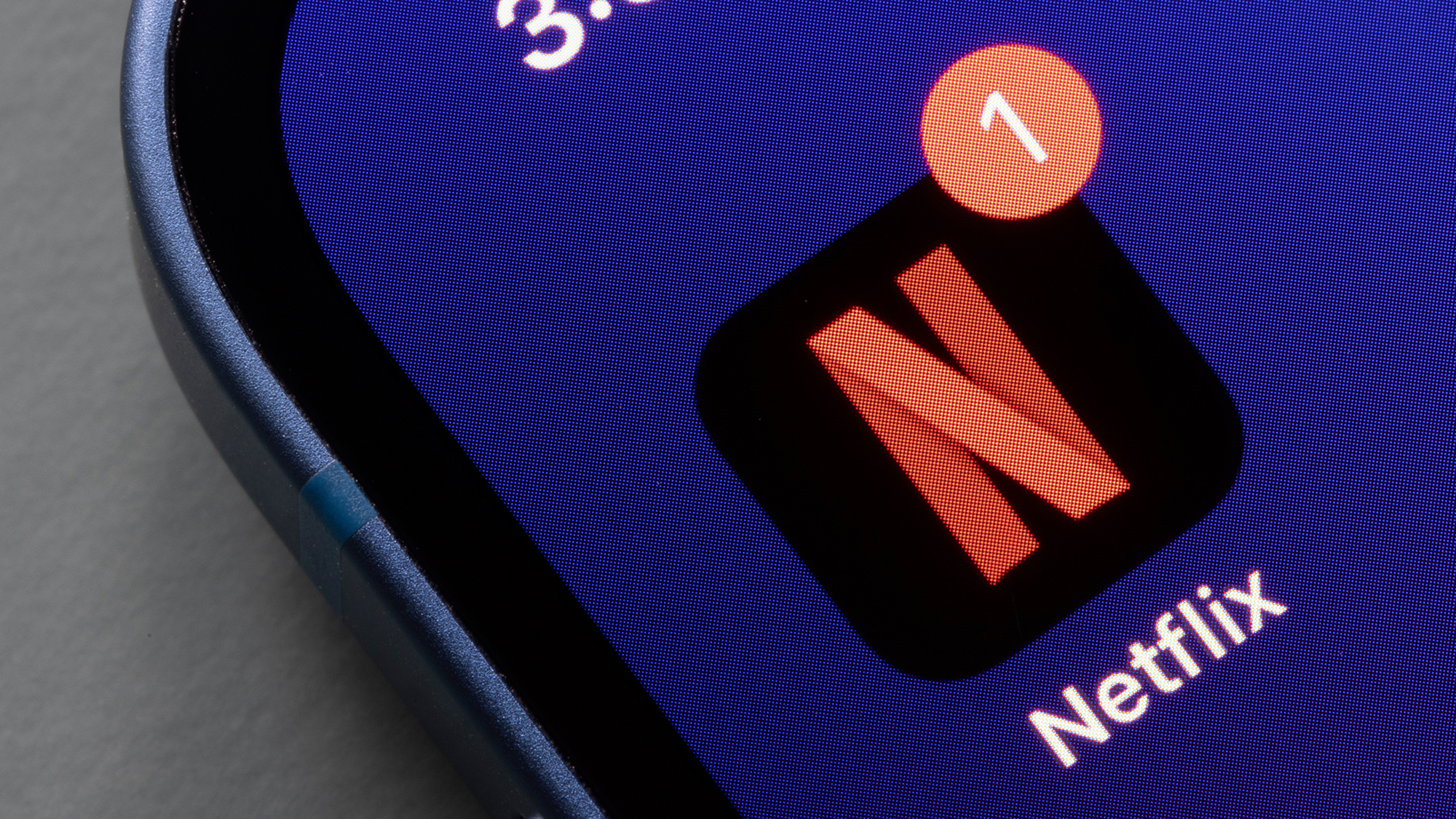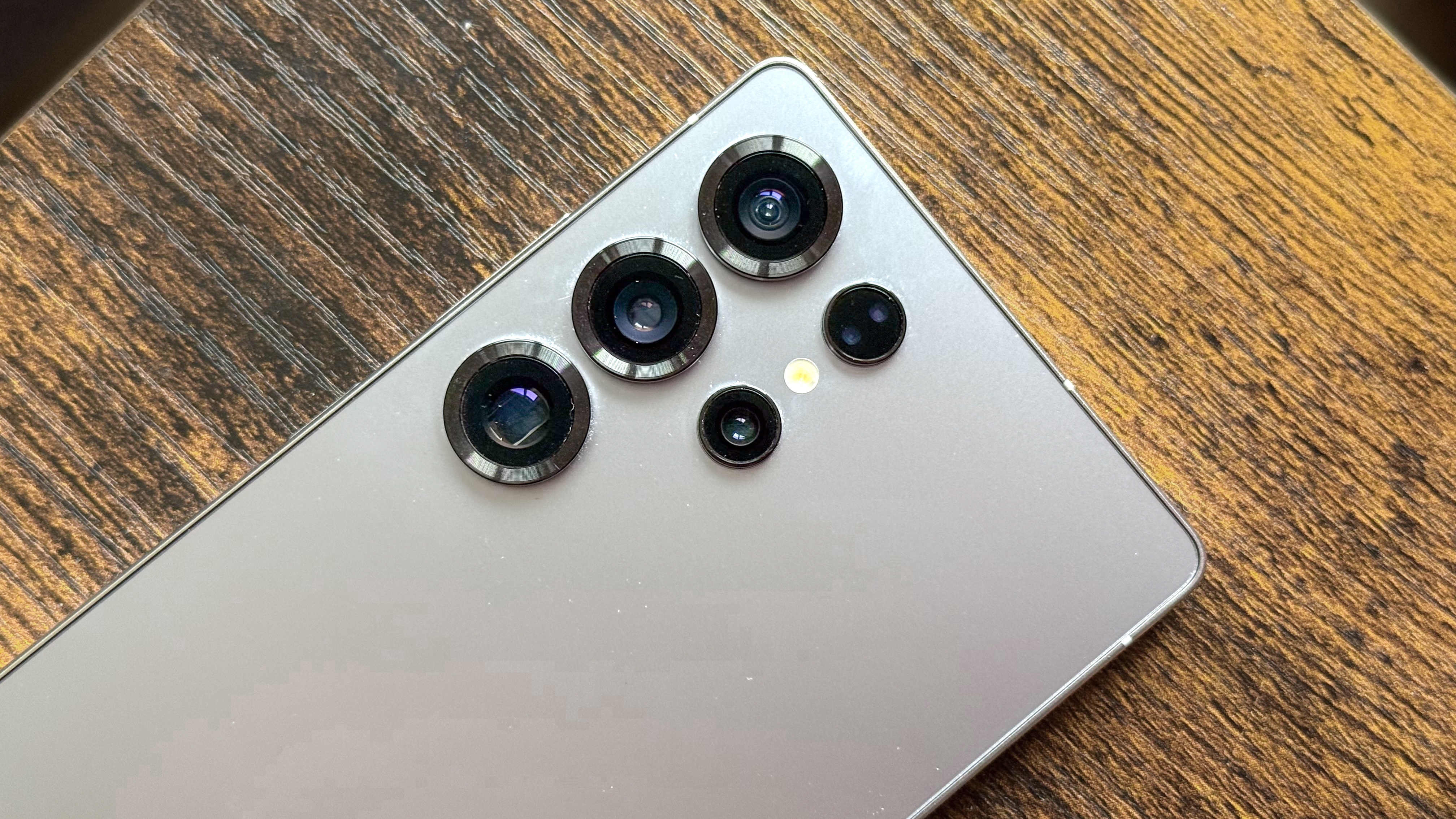Netflix just got a price hike — here's how much more you have to pay
Now asking $23 per month for 4K playback

The rumors were true. Netflix has confirmed that it’s raising its prices for the second time in two years, once again leaving subscribers questioning whether or not to cancel.
In Netflix’s mild defense, only two of its four plans are affected, and one of those hasn’t been available to new members since July.
Starting today, the Basic package rises from $9.99 per month to $11.99, while Premium jumps from $19.99 to $22.99 — rises of 20% and 15% respectively. Standard with ads ($6.99) and Standard ($15.49) remain unchanged for now.
British and French viewers are also impacted, with prices for Basic and Premium rising to £7.99/€10.99 and £17.99/€19.99 respectively.
It’s the Premium price hike that stings the most. Not only has it risen 28% in 20 months (and nearly doubled from its 2015 price of $11.99), but it’s the only way to stream shows in 4K. While the best 4K TVs do a reasonable job of upscaling HD content, it will never be the same as an actual 3,840 x 2,160 video stream.
The closest thing to an explanation for the price rises came in a letter to shareholders, seen by Today. “While we mostly paused price increases as we rolled out paid sharing, our overall approach remains the same — a range of prices and plans to meet a wide range of needs, and as we deliver more value to our members, we occasionally ask them to pay a bit more,” the company writes.
The idea is that higher subscription prices funds better content, which in turn leads to more subscribers. “We want to sustain that virtuous cycle because when we partner with the best creators, we can delight our members, invest more in amazing TV series, movies and games and build an even more valuable business.”
Sign up to get the BEST of Tom's Guide direct to your inbox.
Get instant access to breaking news, the hottest reviews, great deals and helpful tips.
The company added that its starting price of $6.99 for the ad-supported tier remains “extremely competitive with other streamers” and that it’s “much less than the average price of a single movie ticket.”
This is all true: $6.99 is competitive when rivals like Peacock, Max and Disney Plus have also raised their prices, and a bump in income does mean that it can fund more high-quality movies and TV shows.
But there has to be a tipping point where enough people end their Netflix subscriptions that it cancels out the increase in revenue. And with Netflix continuing its habit of canceling quality shows without a satisfactory resolution while chasing a gaming market its subscribers don’t seem to be into, you have to wonder if that tipping point is closer than the company's executives might think.
More from Tom's Guide
Freelance contributor Alan has been writing about tech for over a decade, covering phones, drones and everything in between. Previously Deputy Editor of tech site Alphr, his words are found all over the web and in the occasional magazine too. When not weighing up the pros and cons of the latest smartwatch, you'll probably find him tackling his ever-growing games backlog. Or, more likely, playing Spelunky for the millionth time.

